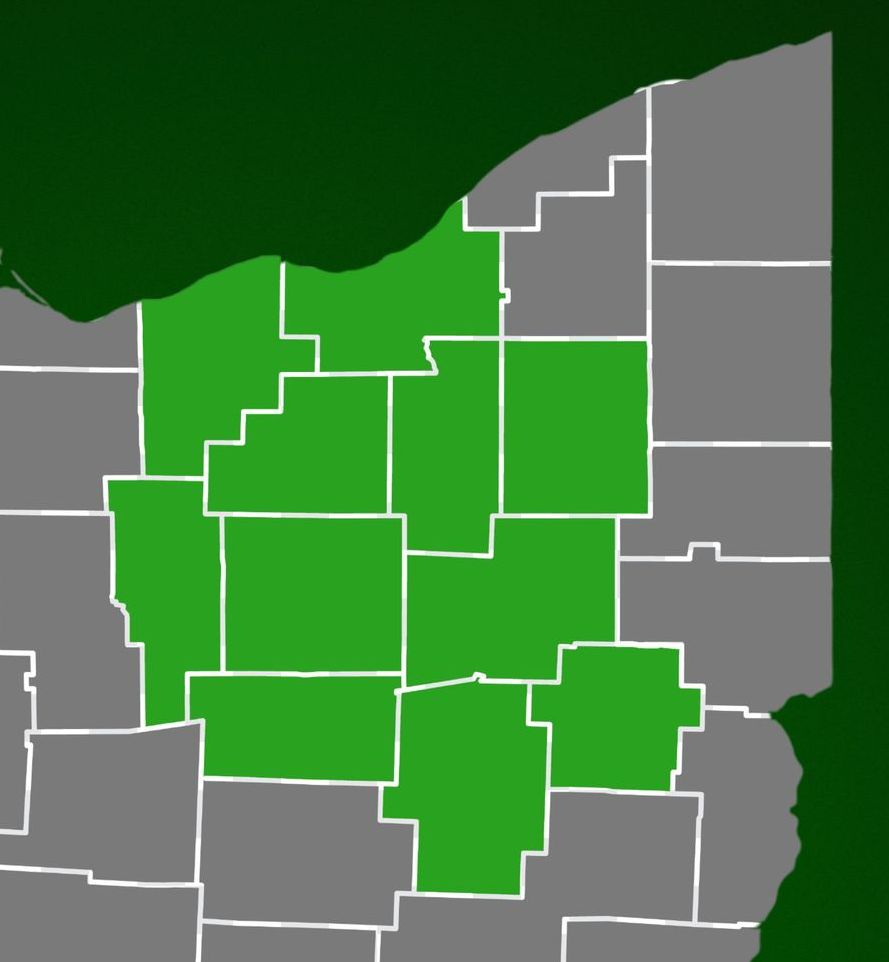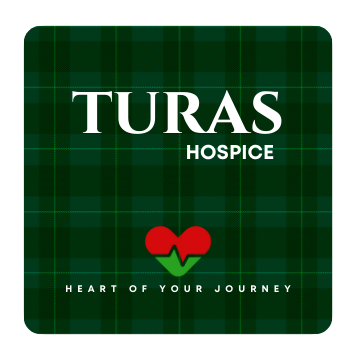Turas Hospice and Palliative Care
THE HEART OF YOUR JOURNEY


At Turas Hospice we are devoted to protecting and honoring the journey of every individual and family that we serve.
what we offer
palliative care
Palliative care provides a way of caring for suffering or ill patients while focusing on quality of life - even when they're not at the end.
hospice care
Hospice care is a philosophy that treats the patient rather than the disease, with an emphasis on quality of life.
spiritual care
Our Chaplain and Spiritual Advisor help patients explore, express and find deeper meaning to their religious and spiritual beliefs.
bereavement care
After a patient’s journey comes to an end, Turas Hospice remains in the family and friends’ lives to counsel them along their journey.
What is palliative care?
When patients are seriously ill or suffering from an injury and there’s a clinical plan in place, even if they are not at the end of life, palliative care provides a way of caring for them focusing on quality of life. Palliative care is comfort care with or without the intent to cure the patient.
There is always, always, always something to be grateful for.
-Rhonda Byrne
Quiet the Mind &
the Soul will Speak
-Ma Faya Sati Bhagavati
What is hospice?
Hospice care is a philosophy that treats the patient rather than the disease, with an emphasis on quality of life. During the last six months of life, the focus shifts from clinical care to the emotional and spiritual needs of the patient and their family.
Hospice care is
comfort care, without the curative intent by either the patient’s choice to not undergo treatment or due to the side effects outweighing the benefit.

meaning of the name turas
A Gaelic word meaning “journey,” Turas signifies our mission to provide a personalized, patient-centered end-of life-experience or journey for our patients, their families and caregivers.
It is pronounced “Tu-ras” (with a long u sound).





